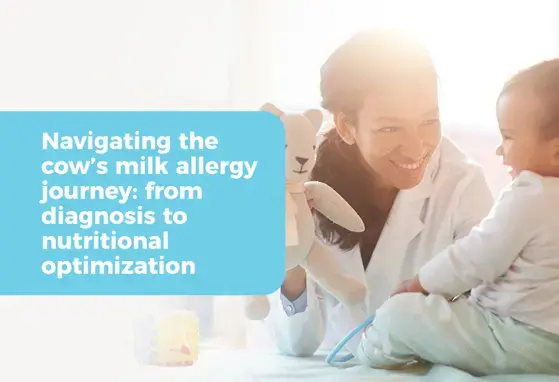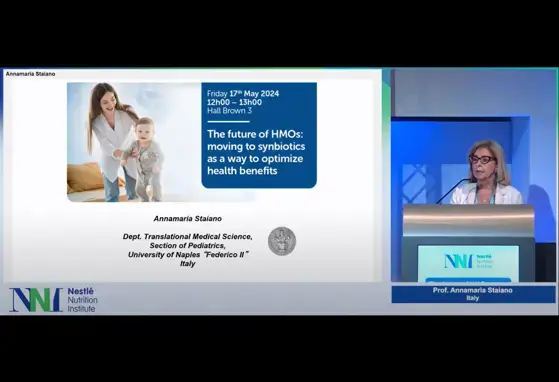Coronavirus Information
Updated news on April 21st 2020
Coronaviruses are a large family of viruses that usually cause mild to moderate upper-respiratory tract illnesses, like the common cold, in people. However, three times in the last 3 decades coronavirus outbreaks have emerged from animal reservoirs to cause severe disease and global transmission concerns.
Coronavirus Disease 2019 (COVID-19): What we know so far?
Based on the rapidly developing situation, scientific information and medical publications related to Coronavirus, here is a good resource to help you stay informed
Get the latest research information from NIH
The pathogen that causes COVID-19 is a novel coronavirus that was first identified in January 2020, named SARS-CoV-2 (also known as 2019-nCoV). SARS-CoV-2 is a novel member of coronaviruses, which are a large group of highly diverse, enveloped, positive-sense, single-stranded RNA viruses . Recent research reported that SARS-CoV-2 likely originated in bats, based on the similarity of its genetic sequence to that of other coronaviruses. Read more in Journal of medical virology
As knowledge about the virus evolves, here is a link from UNICEF
Common signs of infection include respiratory symptoms, fever, cough, shortness of breath and breathing difficulties. In more severe cases, infection can cause pneumonia, severe acute respiratory syndrome and even death (WHO)
Healthcare providers (HCP) are on the front lines of caring for patients with confirmed or possible infection with coronavirus disease 2019 (COVID-19) and therefore have an increased risk of exposure to this virus. What HCPs should know - Centers for Disease Control and Prevention provide extended information for health providers
NHS in the UK has guidelines for Healthcare Providers
American Academy of Pediatrics (AAP) is reassuring members of the steps they can take now and offering continued support as the outbreak evolves. Since the outbreak began, the AAP has been working to stay abreast of all confirmed developments related to the global spread of COVID-19, and has been reporting them in AAP News online.
Read New article from AAP Red Book Online outbreak page.
April 2, 2020 "AAP issues guidance on infants born to mothers with suspected or confirmed COVID-19“
The AAP updated all their PARENT resources related to COVID in alignment with their recent guidelines for HCPs and the latest literature review on COVID.
Available evidence on pregnant and lactating women, infants and COVID-19
Based on the limited but evolving information about Coronavirus and COVID-19 during pregnancy and lactation, as well during infancy the Centre for disease control and prevention has a good resource.
WHO Regional Officer for Europe has issued a position paper on breastfeeding.
Why Are Coronaviruses a Priority for National Institute of Allergy and Infectious Diseases (NIAID)?
When SARS emerged from China in 2002 it swept across the globe—largely through air travel—causing deadly illness. More than 8,000 people fell ill and 774 died, numbers COVID-19 surpassed within two months. SARS drew the collective focus of researchers throughout the world. The disease disappeared in 2004, likely due to isolation and quarantine containment measures, and no cases of SARS have been reported since. In 2012, a new coronavirus emerged in the Middle East causing an illness similar to SARS. Again, researchers at NIAID and across the globe initiated studies to understand MERS-CoV and how to stop it.
Thanks to research investments into the SARS and MERS outbreaks, NIAID scientists are better prepared to develop diagnostics, therapeutics and vaccines against COVID-19. Included in those projects are basic research to understand how the virus infects cells and causes disease; adapting platforms used to develop diagnostic tests and vaccines; and evaluating treatments such as broad-spectrum antivirals and potentially monoclonal antibodies.
In fact, within two weeks of the discovery of COVID-19, NIAID researchers had determined how the virus enters cells.
NIH clinical trial of investigational vaccine for COVID-19 begins
Phase 1 clinical trial evaluating an investigational vaccine designed to protect against coronavirus disease 2019 (COVID-19) has begun at Kaiser Permanent Washington Health Research Institute (KPWHRI) in Seattle. The National Institute of Allergy and Infectious Diseases (NIAID), part of the National Institutes of Health, is funding the trial. KPWHRI is part of NIAID’s Infectious Diseases Clinical Research Consortium. The open-label trial will enroll 45 healthy adult volunteers ages 18 to 55 years over approximately 6 weeks. The first participant received the investigational vaccine today.
To learn more about how to protect yourself and your children follow the UNICEF
Other important information
https://www.who.int/news-room/q-a-detail/q-a-coronaviruses
https://www.unicef.org/stories/novel-coronavirus-outbreak-what-parents-should-know
https://www.thelancet.com/action/showPdf?pii=S0140-6736%2820%2930360-3
https://www.who.int/emergencies/diseases/novel-coronavirus-2019
https://www.elsevier.com/connect/coronavirus-information-center
https://www.thelancet.com/coronavirus?dgcid=kr_pop-up_tlcoronavirus20
https://www.thelancet.com/action/showPdf?pii=S0140-6736%2820%2930311-1
https://www.who.int/emergencies/diseases/novel-coronavirus-2019/advice-for-public/myth-busters
If you liked this post you may also like


Navigating the Cow’s Milk Allergy Journey: From Diagnosis to Nutritional Optimisation

The future of HMOs moving to synbiotics as a way to optimize health benefits

Navigating the Cow’s Milk Allergy Journey: From Diagnosis to Nutritional Optimization